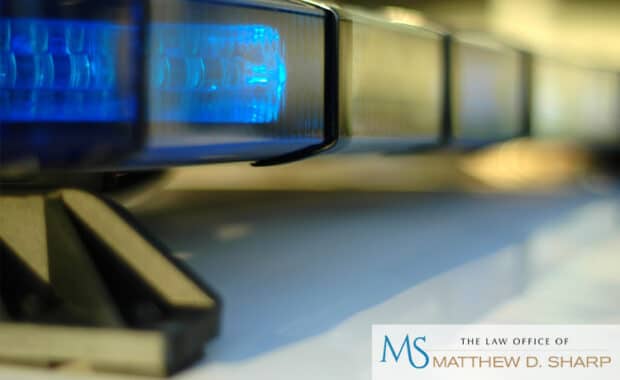DWI – second or third charges defense
Houston DWI charges attorneys :: The Law Office of Matthew D. Sharp
When a person has had previous DWI convictions, the penalties become much more severe. Officers establish probable cause to pull a person over if they observe them driving recklessly, such as swerving or failing to obey common driving practices. Once a stop has been made, a police officer will observe the person’s actions to see if they seem impaired in some way. If there is probable cause, the officer will remove the person from the vehicle to administer a field sobriety test. Failure of this test is what leads to an arrest being made for DWI.
Have you been arrested for another DWI?
Contact attorney Matthew Sharp today about your options
Sentencing for repeat DWI offenders
According to the Texas Penal Code, second or third DWI convictions come with different types of criminal penalties, including:
- Class A misdemeanor: A second DWI offense brings this type of charge. Sentencing can include between 30 days and one year in a county jail and a fine of no more than $4,000.
- Third-degree felony: A third DWI conviction will turn the charges into a felony and bring harsher penalties. Sentencing includes two to 10 years in a state prison and fines of no more than $10,000.
Depending on the circumstances surrounding the DWI, there may be additional steps that defendants must take to fulfill their sentencing. Some of these include: - Car breathalyzer or ignition interlock device: These devices require the person to blow into a breathalyzer before the vehicle will start. If the person has alcohol in their system, their vehicle simply will not start.
- Entering rehab: Some defendants will be ordered to undergo an evaluation to see if rehabilitation may be necessary to get their substance abuse problem under control.
- Classes: Attendance at a repeat offender program may be ordered so that the defendant can learn the dangers of driving while impaired.
Defending against DWI charges
Many officers do not have the training necessary to properly give a field sobriety test or operate a breathalyzer. If it is shown the officer’s training is inadequate, this can lead to a dismissal of the case or a reduction in the DWI charges. There may also be instances when it can be proven that a police officer did not have probable cause to initiate the traffic stop in the first place.
Get help from a Houston DWI lawyer
The Law Office of Matthew D. Sharp is experienced in defending repeat offenders of DWI. Their aggressive style of defense examines each aspect of the case to look for areas where mistakes were made by authorities. Talk to Matthew Sharp today to learn more about the penalties and possible legal defenses for drunk driving.




